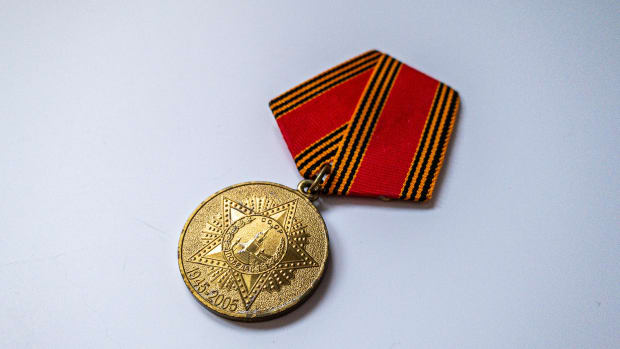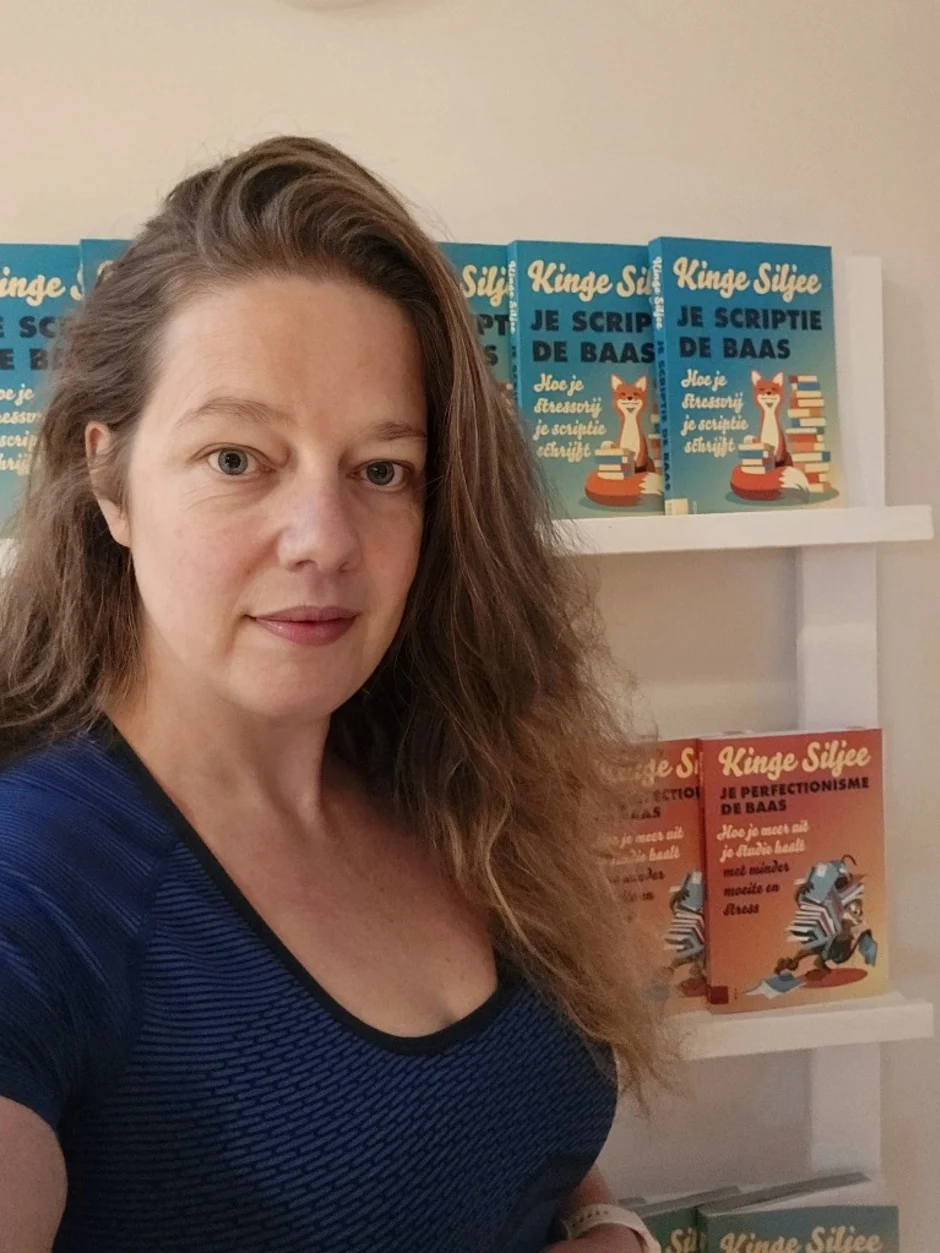
Perfectionism a good characteristic? Far from it, says this writer
Stressed because you constantly set the bar too high for yourself? And does that often cause you to not even start a study project? Author Kinge Siljee wrote a book about and for perfectionist students and how studying can become fun again.
“Perfectionists fail in all areas of life in which they strive for perfection.” In her new (Dutch) book Mastering Your Perfectionism, how to get more out of your studies with less effort and stress, author Kinge Siljee dispenses with the illusion that perfectionism offers great benefits. Yes, perhaps for the influencer on TikTok, who has made it his business model to appeal to people about their insecurities. But for the gogetter himself: no, not at all. Those who constantly set the bar too high or do not set any limits at all, will meet themselves anyway and get less out of their studies.
It is better to strive for the optimum, Siljee writes. A point where you have done just enough, not too much, but certainly not too little. Simple example from the book: paint your wall, carefully and meticulously, but do not then work away all irregularities with a tiny brush. “After your optimum, the profit of your effort decreases sharply.”
It makes her book broadly applicable, for anyone interested in the (own) human psyche or productivity issues. But Siljee wrote the book primarily for students - the target group she comes into contact with a lot, since she founded Studiemeesters, a private company through which she offers students study support, in late 2011.
She finds it sad to see how bad things often are for them, how poor access to mental health care is, how little support they receive. The Health Monitor Young Adults 2024 recently revealed that about half of Dutch people between 16 and 24 call their mental health moderate to very poor. “That doesn't surprise me,” Siljee says. “Only since corona has there been more attention paid to wellness issues among young adults. Before that, it was seen more as a problem that affected only individuals and not a whole group.” Now it is being talked about, Siljee observes, but too little is being done about it.

What made you write a book about perfectionism?
“I wrote it for students because I know that audience best. But it’s a broader, societal problem. What struck me is that in everyday language, ‘perfectionism’ is actually seen as something positive. For example, when an employer hears that someone is a perfectionist, she often thinks: ah great, he has an eye for detail, he works his ass off for me. If you look on social media, it seems like perfectionism is a nice, pure trait that makes you super muscular or able to run marathons, for example. But in practice, that's not true at all. Perfectionists actually screw themselves up completely and only suffer disadvantages as a result.”
Why is it that society has come to think of perfectionism this way?
“Surely that has to do with the view that someone is only a valuable person if they produce a lot. A bit of that looking at human beings as a means of production: the better, bigger and more perfect the output, the more your intrinsic value. The interesting thing is that perfectionists don’t look at others that way at all; they look at themselves. They don’t think: that other person has a 6, so is worth less. But strangely enough, they do think that about themselves.”
Do you think perfectionism comes from having high expectations of yourself or, on the contrary, expecting others to have high expectations of you?
“Both. I distinguish in my book between two types of perfectionists; the fear of failure and ambitious perfectionist. The first type includes people who, for whatever reason, think they are in a place that is too high for them. This can be the case, for example, with people whose parents did not study and who take the plunge to study themselves. Those may start thinking: what am I doing here? Ambitious perfectionists are often people who have or have had a lot going for them, but for some reason expect that they have to get everything out of it. They demand more of themselves than is reasonable.”
A striking example from the book was the perfectionist who throws a party and dusts and cleans the whole house beforehand, puts together the best music list and prepares the most delicious food and drinks. But then due to all the stress is totally exhausted at the party and therefore no longer has a good time.
“Yes, it helps to know that people don’t come for the culinary delights, but because they enjoy the party. That’s the bottom line. And have you ever gone to a party only to go check the skirting boards first...? Ha, I don't think so. A person who judges people by that should mainly look at himself. So perfectionism can very much hold you back in prioritizing, finding your happiness and enjoying something.”
In a previous interview, you mentioned that you want students to enjoy studying again.
“Yes, that is super important. Of course when you’re studying, you sometimes have to do chores, a subject you don’t like as much or compile a source list. No one really enjoys that. But most people study because something interests them. I myself studied history and then medieval studies. That was an interdisciplinary study, so then I really went all over the place. I took classes on languages (Latin, English, French), Viking studies, manuscript science, archaeology, history and even comparative historical econometrics. Very fun stuff.”
“At the same time, it’s true that I studied at a time when you didn’t have binding study advice, numerus fixus or long study penalties. I could do whatever I wanted. It is unfortunate that students today can no longer enter a study with an open mind. Because finishing a study’'have to, have to, have to’ definitely does not create study pleasure.”
“So how do you ensure that students retain or regain pleasure in their studies?
“I try to give perspective and make a plan together. Besides, your studies naturally become more fun if you can discuss the content of your course together. That way you don’t just associate it with disadvantages and stress. The moment you do, you are already enjoying it. That motivates you intrinsically and helps you get better grades.”


